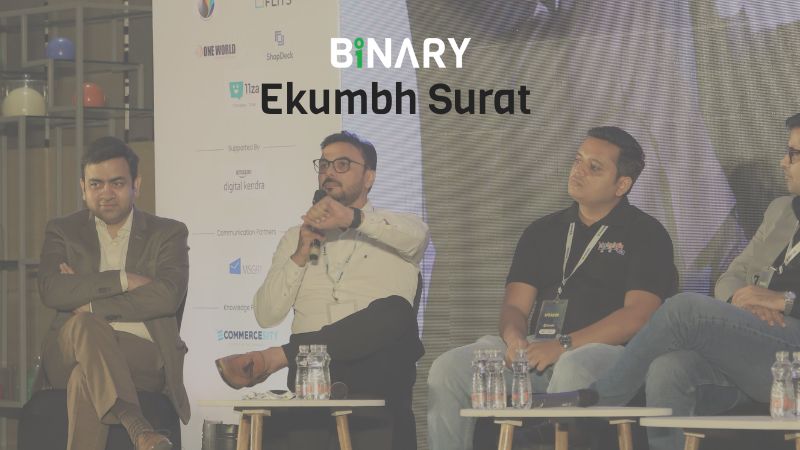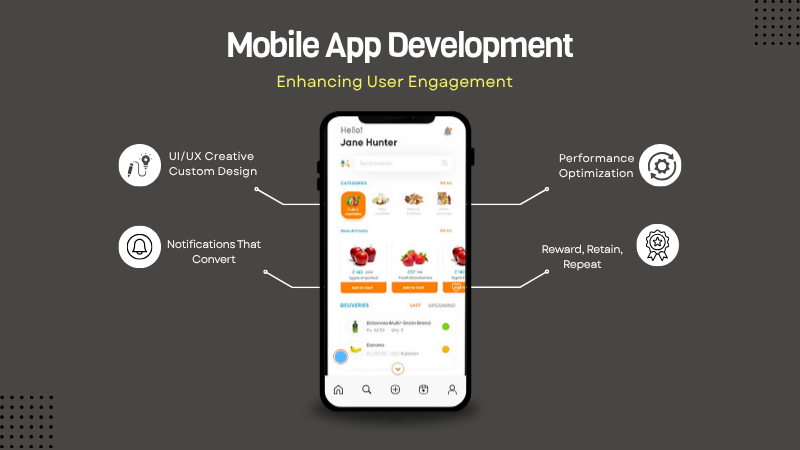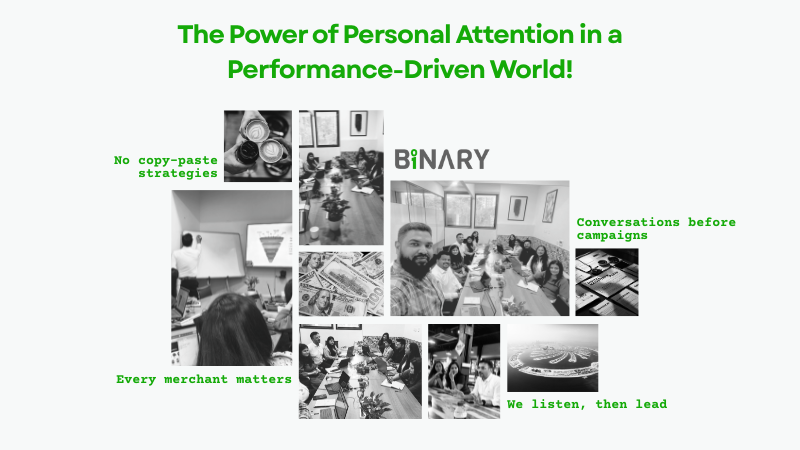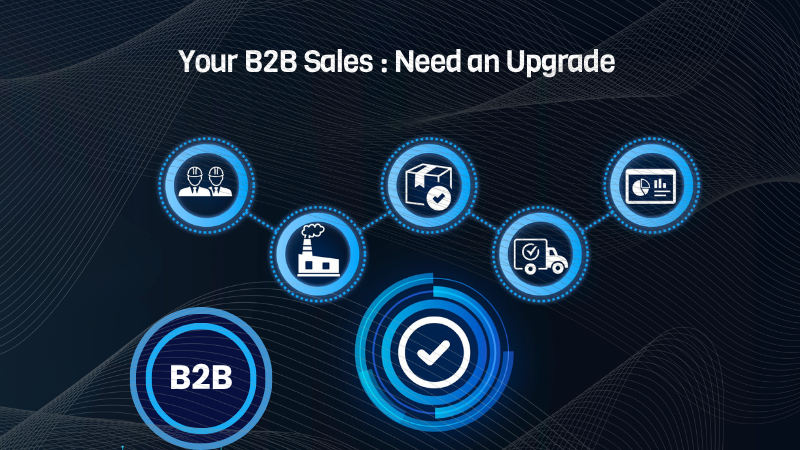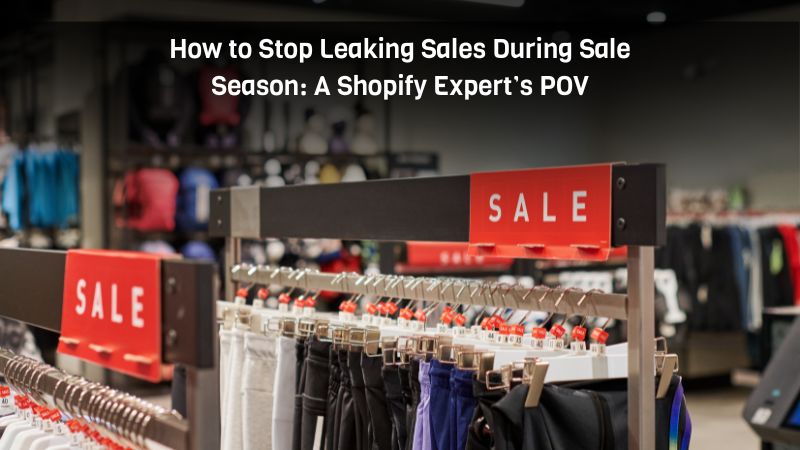A Growing Ecosystem
Surat, traditionally known as a leading textile and diamond hub, has been undergoing a rapid transformation in recent years. The city’s vibrant entrepreneurial culture, combined with its strategic geographic location, has made it a fertile ground for the growth of eCommerce businesses. This shift from traditional industries to eCommerce has positioned Surat as a rising force in India’s digital economy.
Local merchants are capitalizing on this transition, leveraging platforms like Shopify and marketplace integrations to reach a global customer base. Surat’s reputation for quality products—particularly in fashion, textiles, and jewelry—has created a strong demand for its products in both domestic and international markets. The combination of local expertise and digital tools is driving merchants toward establishing themselves as direct-to-consumer (D2C) brands.
Key Concerns: Growth and Scalability
During our interactions with Surat’s merchants, a key topic of discussion was how to grow and scale their businesses using digital tools, whether they were focused on D2C, B2B, or both. Many merchants, already familiar with eCommerce basics, wanted to explore more advanced strategies to remain competitive in a fast-evolving market.
Scaling Beyond Marketplaces: Many sellers had built initial success on popular marketplaces but were now looking to scale their independent D2C and B2B channels. Managing both required operational efficiency and the use of technology to integrate these sales streams effectively.

The Panel Discussion: Customer-Centricity, Technology, and Personalization
During the Maximizing D2C Growth panel, Jayesh Khagram emphasized three core pillars for scaling D2C brands: customer-centricity, technology, and personalization.
- Customer-Centric Approach: Jayesh shared insights into how brands must place the customer at the center of their eCommerce strategy. Merchants can no longer rely on a one-size-fits-all approach; understanding customer behavior and preferences is key to building long-term relationships. Focusing on customer experience, from fast shipping to easy returns, is what will differentiate brands in a crowded market.
- Leveraging Technology for Growth: Technology was highlighted as the enabler that allows businesses to scale efficiently. Jayesh emphasized the importance of investing in digital tools that automate operational processes, enhance inventory management, and provide real-time data insights. Technology enables merchants to make informed, data-driven decisions that can propel their business growth.
- Personalization: In today’s competitive eCommerce landscape, personalization is no longer a luxury—it’s an expectation. Jayesh discussed how merchants can use data to create personalized shopping experiences, from tailored product recommendations to personalized email campaigns. Tools like AI-driven analytics and customer data platforms (CDPs) empower merchants to segment their audience and deliver more meaningful, relevant experiences that lead to higher conversions
Surat’s eCommerce Market: Insights and Opportunities
Surat’s eCommerce market is expanding rapidly, driven by several key factors:
- Textiles and Fashion: Surat’s dominance in textiles, particularly its production of sarees and fabrics, has made it a key player in the fashion eCommerce space. Many merchants at the event were already selling through online marketplaces and Shopify, and there’s a growing demand for custom D2C platforms to differentiate their brands.
- Jewelry and Accessories: Surat’s diamond and jewelry industry is another key contributor to its eCommerce growth. Merchants from this sector are embracing digital tools to streamline their supply chains and sell directly to both domestic and international customers, bypassing traditional middlemen.
- Local and Global Demand: With the rise of conscious consumerism and the desire for more personalized shopping experiences, Surat merchants are increasingly focusing on delivering high-quality products with a unique brand identity. This trend is pushing more merchants to invest in building their own D2C platforms, allowing them to control the customer experience and increase brand loyalty.
- Technology Adoption: One of the standout themes from the event was the willingness of Surat’s merchants to embrace technology. From adopting Shopify as their eCommerce platform to integrating marketing automation, CRM systems, and data analytics, these merchants understand that digital tools are the key to scaling effectively in both areas.
Leveraging Shopify for Growth in D2C and B2B
As many of the merchants we spoke to were already on the Shopify platform for D2C, we also provided insights into how they can leverage Shopify Plus and integrations to manage B2B operations more efficiently:
- Shopify Apps and Integrations for B2B: Shopify’s app marketplace offers tools that cater specifically to B2B operations, such as custom pricing tiers, bulk order management, and customer-specific catalogs. These tools can help merchants streamline their B2B transactions while continuing to grow their D2C presence.
- Omnichannel Retailing with Shopify POS: By integrating Shopify with their offline stores, merchants can create a seamless customer experience across all touchpoints for both individual consumers and B2B clients. This includes unified inventory management and real-time order updates.
- Mobile-First Experience for D2C: For D2C growth, optimizing the mobile experience is essential. Jayesh emphasized how merchants can improve their mobile site performance and implement features like one-click checkout, personalized push notifications, and mobile apps to drive engagement and conversions.
Key Takeaways from Surat’s D2C and B2B Merchants
The Unicommerce event reaffirmed our belief in the tremendous potential of D2C and B2B brands in India, particularly in emerging cities like Surat. Merchants here are ready to embrace the future of commerce, driven by innovation and a desire to scale their businesses digitally.
We were inspired by the passion and dedication of Surat’s merchants, many of whom are at the forefront of the D2C and B2B movements. They are not just adopting digital tools—they are leveraging them to create meaningful, long-term relationships with both consumers and business clients.


